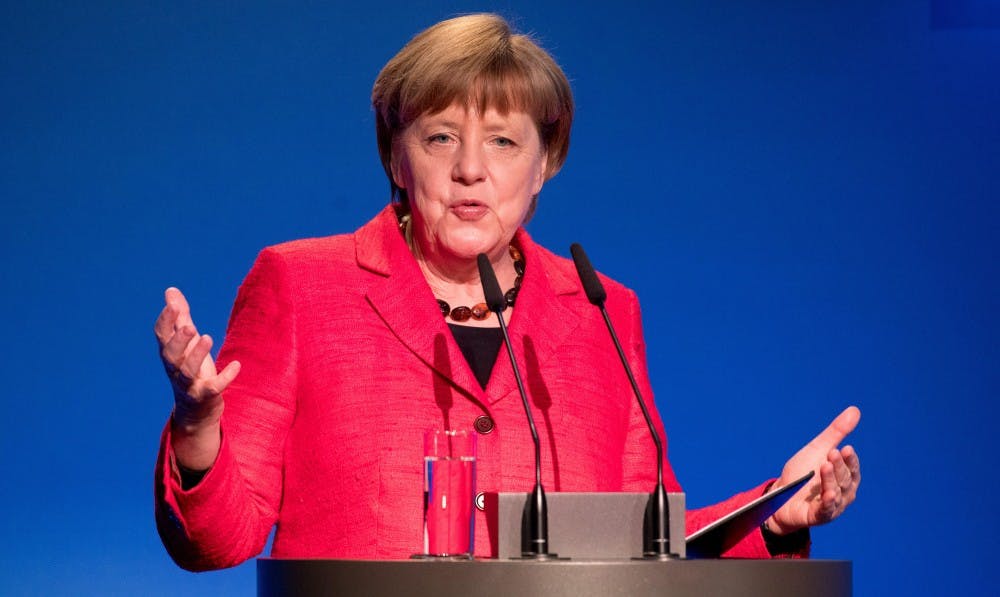On Sept. 24, the Federal Republic of Germany voted on their next chancellor. The two largest parties, were the Christian Democratic Union of Germany represented by Angela Merkel, and the Social Democratic Party of Germany represented by Martin Schulz.
Q: What is the significance of this election?
A: It cannot be stressed enough that the citizens’ right to choose their leaders in free, fair and regular elections is the most essential one within a democracy. Every walk to the polls serves as a reminder that voting in elections is not only a civic duty, but a great privilege which should not be taken for granted.
Q: What are the key differences between the recent German and American elections?
A: In the USA, the electorate votes directly, for the president, who is head of government and head of state at the same time. German citizens do not elect the chancellor directly but vote for the Bundestag, and the parliament votes for the chancellor.
Q: What is essential for Americans to understand about the elections?
A: By using a mixed-member proportional representation system, a system of proportional representation combined with elements of first-past-the-post voting, Germany ensures that the seats in the Bundestag are distributed between the sixteen German states in proportion to the states’ population eligible to vote. This electoral system was installed by the victorious Allies after the second world war, to ensure that no single party had overwhelming power in the newly established German democratic state.
Q: What is the significance of the result to Germany?
A: One of the things that [was] expected, and actually materialized, is the election of representatives of the new right-wing populist party in Germany, the Alternative für Deutschland. That really demonstrates a shift that we’ve seen in so many European countries, and in the United States, pretty much in all democratic states recently, that is now also a reality in Germany.
Q: Will the Alternative for Germany party continue to rise in popularity?
A: It’s too early to really make a clear prognosis of what will happen. It is going to be interesting to see how they function as a formal opposition party within the federal parliament.
And, as far as interviews that had been conducted right after the polling with individuals who went to vote imply, it looks like many of those who voted for the Alternative for Germany are actually protestors that do not agree with the current mainstream politics of the Christian Democrats, or do not feel themselves completely represented, but do not necessarily fully engage with all the agenda of the Alternative for Germany.
The party needs to obey to rules within a parliament and how they can actually voice their promoted ideas in a parliament setting. That will very much determine whether the popularity of this party will increase or not.
Q: What is the result’s significance to Europe and the world?
A: One thing that is going to be a continuity is Angela Merkel being the Chancellor. And that, for sure, is an entity that over the last twelve years, many have become very comfortable with, or at least familiar. So, there is continuity that is going to also exist in the next four years, and it’s not only looking at Angela Merkel, but also the Christian Democrats being the largest party representing German interests in the federal parliament.
It looks that the Christian Democrats are going to govern together with the Liberals and the Green party, but that is not yet concealed. The Social Democrats and the Christian Democrats might have been a little stronger, or more interested in strengthening the European connections than some of the parties now might emphasize this, but we’ll see.


